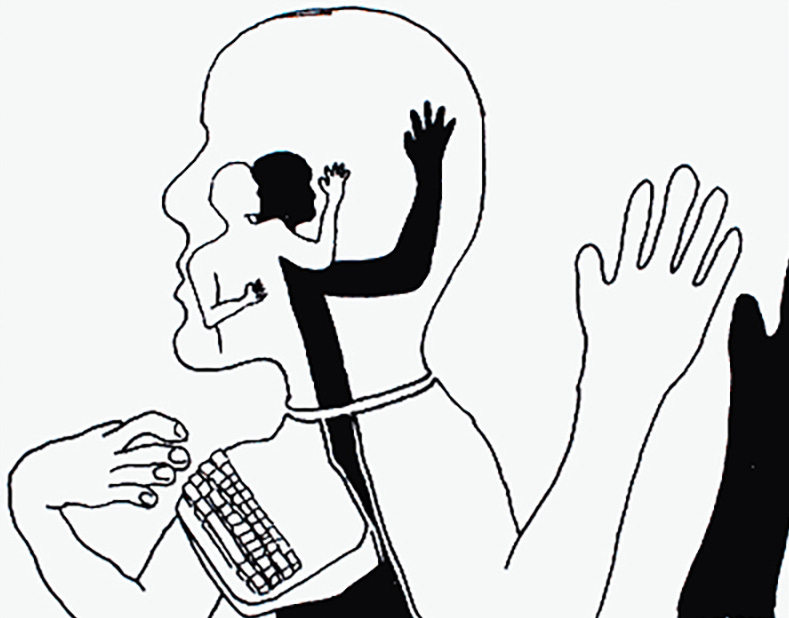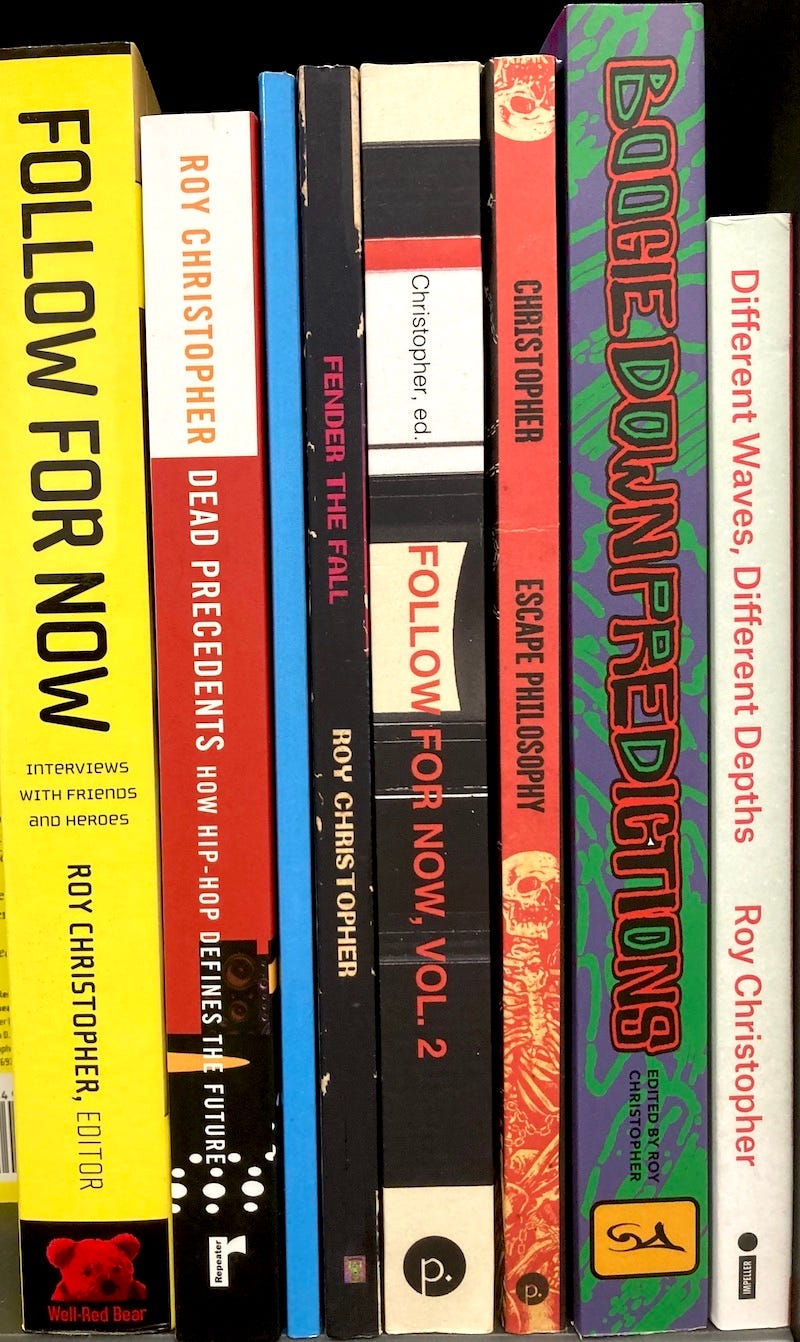Idea, Reality, Lesson
A Year-End List for 2023.
Unintended outcomes are the furniture of our uncertain age. Decades of short-term thinking, election cycles, and bottom lines assessed quarterly have wound us into a loop we can’t unwind. In addition, our technologies have coopted our desires in ways we didn’t foresee. The internet promised us diversity and gave us division. Social media promised to bring us together, instead it fomented frustration and rage between friends and among family. We know the net result is bad, but we won’t abandon these poisonous platforms.
As straw-person an argument as it might be, direct mail is my favorite example. Successful direct-mail advertising has a return rate of 2%. That means that in a successful campaign, 98% of the effort is wasted. In any other field, if 98% of what you’re doing is ineffective, you would scrap it and start over.
I’ve been thinking about case studies of ineffective efforts and unintended outcomes, and I came up with five for your consideration — IRL: Idea, Reality, Lesson.
Idea: AI as a tool for creativity.
Reality: Training large-language models (and the other software that currently pass as artificial intelligence) to be “creative” requires the unpaid labor of many writers and artists, potentially violating copyright laws, relegating the creative class to the service of the machines and the people who use them.
Lesson: Every leap in technology’s evolution has winners and losers.
Idea: Self-driving cars will solve our transportation problems.
Reality: Now you can be stuck in traffic without even having to drive.
Lesson: We don’t need more cars with fewer drivers. We need fewer cars with more people in them.
Idea: Put unused resources to use.
Reality: The underlying concept of companies like Uber and AirBnB—taking unused resources (e.g., vehicles, rooms, houses, etc.) and redistributing them to others in need—is brilliant and needed in our age of abundance and disparity. Instead of using what’s there, a boutique industry of rental car partnerships for ride-share drivers and homes bought specifically for use as AirBnB rentals sprung up around these app-enabled services. Those are fine, but they don’t solve the problem the original idea set out to leverage.
Lesson: You cannot disrupt capitalism. Ultimately, it eats everything.
Idea: Content is King.
Reality: When you can call yourself a “Digital Content Creator” just because you have a front-facing camera on your phone, then content is the lowest form. To stay with the analogy, Content is a peasant at best. Getting it out there is King. Getting and maintaining people’s attention is Queen.
Lesson: Distribution and Attention are the real monarchy.
Idea: Print is dead.
Reality: People have been claiming the death of print since the dawn of the web—over 30 years now—and it’s still patently untrue. Print is different, but it’s far from dead. Books abound! People who say this don’t read them anyway. Just because they want synopses and summaries instead of leisurely long reads doesn’t mean that everyone wants that.
Lesson: Never underestimate people’s appetite for excuses.
If more of what you’re doing is wasteful rather than effective, then you should rethink what you’re doing. Attitudes about technology are often incongruent with their realities, and the way we talk about its evolution matters. Moreover, while many recent innovations seem to be helping, there are adjacent problems they’re not solving. Don’t be dazzled by stopgap technologies that don’t actually solve real problems.
Print Lives!
I know you have some holiday gift cards about to burst into flames. Might I suggest using one on a book or two? I have several available. Check them out!
Thanks for reading.
Happy 2024!
-royc.
http://roychristopher.com



